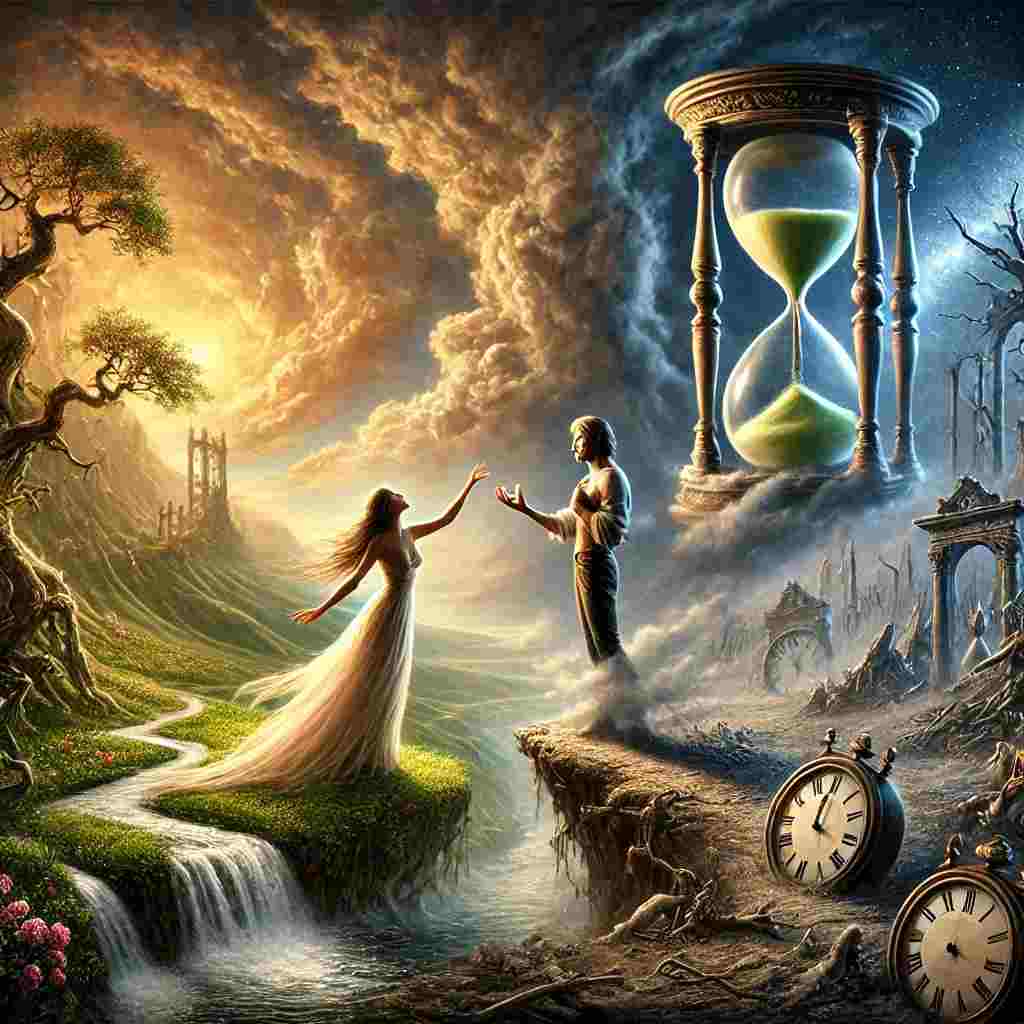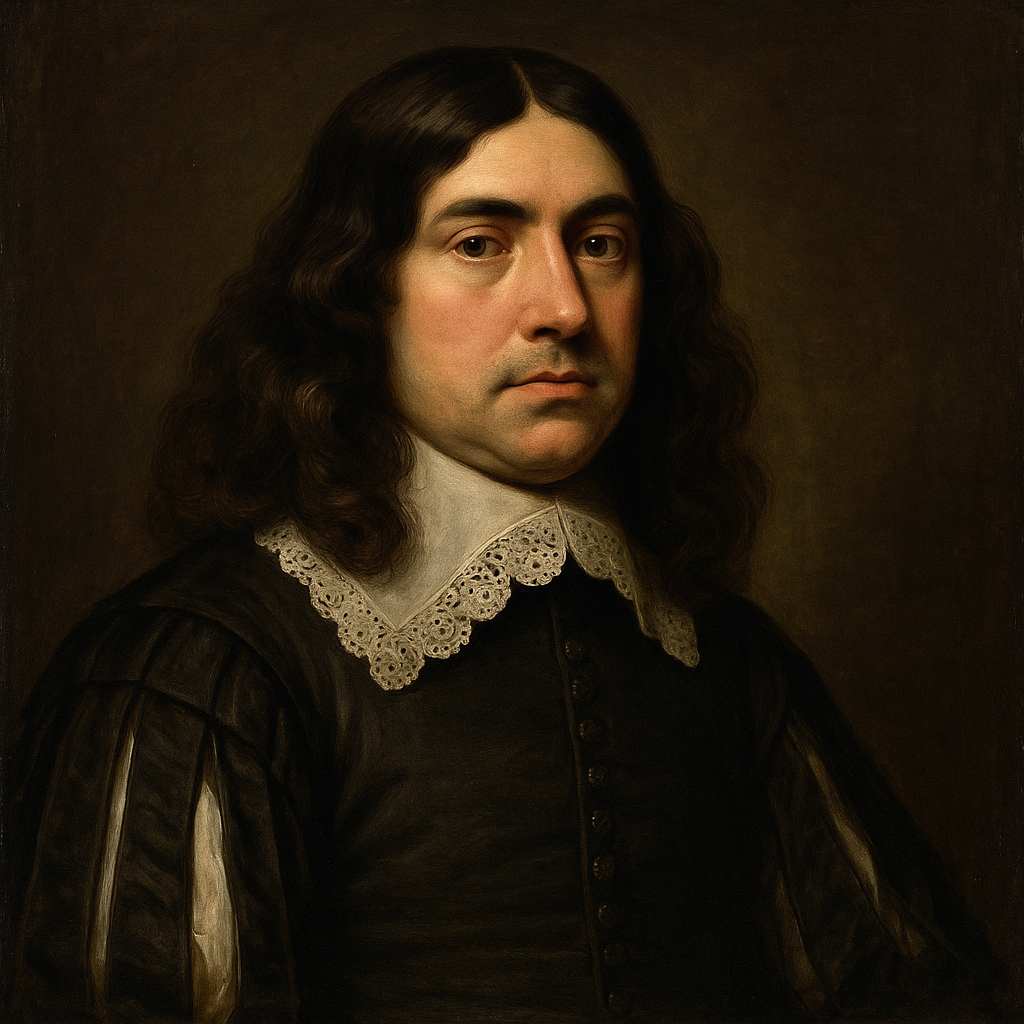To His Coy Mistress
Andrew Marvell
1621 to 1678

Track 1
Reconstruct the poem by dragging each line into its correct position. You can also use the up (↑) and down (↓) arrows to move a line one place at a time, or the top (⇑) and bottom (⇓) arrows to move a line directly to the top or bottom. Your goal is to reassemble the original poem as accurately as possible. As you move the lines, you'll see whether your arrangement is correct, helping you explore the poem's flow and meaning. You can also print out the jumbled poem to cut up and reassemble in the classroom. Either way, take your time, enjoy the process, and discover how the poet's words come together to create something truly beautiful.
Easy Mode - Auto check enabled
Stand still, yet we will make him run.
The grave’s a fine and private place,
Love you ten years before the flood,
Two hundred to adore each breast,
Deserts of vast eternity.
We would sit down, and think which way
And your quaint honour turn to dust,
This coyness, lady, were no crime.
Nor would I love at lower rate.
My echoing song; then worms shall try
An age at least to every part,
And you should, if you please, refuse
But none, I think, do there embrace.
Now therefore, while the youthful hue
Than languish in his slow-chapped power.
At every pore with instant fires,
Shouldst rubies find; I by the tide
Thine eyes, and on thy forehead gaze;
Time’s wingèd chariot hurrying near;
Had we but world enough and time,
And into ashes all my lust;
Now let us sport us while we may,
Of Humber would complain. I would
Thus, though we cannot make our sun
Thou by the Indian Ganges’ side
But at my back I always hear
Rather at once our time devour
An hundred years should go to praise
My vegetable love should grow
Nor, in thy marble vault, shall sound
And while thy willing soul transpires
Thy beauty shall no more be found;
Vaster than empires and more slow;
Our sweetness up into one ball,
Through the iron gates of life:
And tear our pleasures with rough strife
Let us roll all our strength and all
That long-preserved virginity,
But thirty thousand to the rest;
Till the conversion of the Jews.
For, lady, you deserve this state,
Sits on thy skin like morning dew,
To walk, and pass our long love’s day.
And the last age should show your heart.
And now, like amorous birds of prey,
And yonder all before us lie


